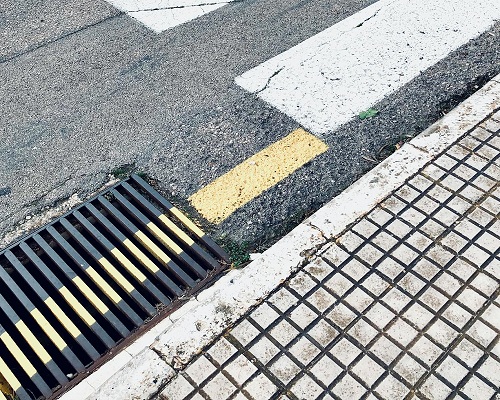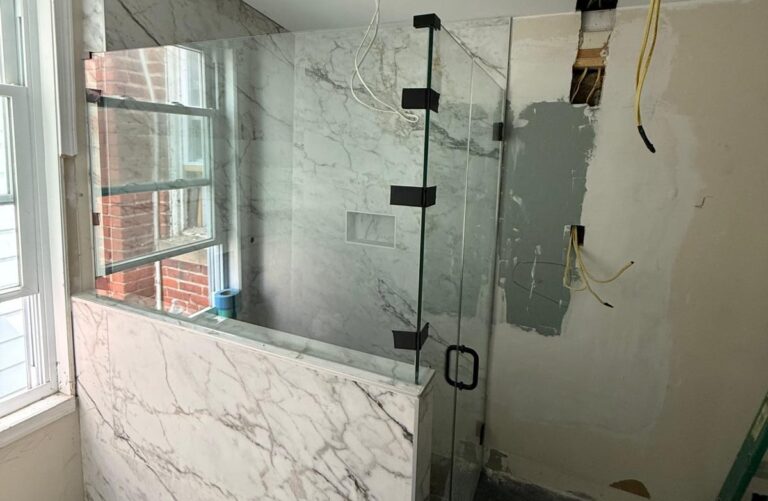
When a sewer line has buildup, it causes backup, overflows, and slow drainage in residences. To clear obstructions effectively, plumbers use a special equipment called a hydro-jetter which is like a hose with high water pressure. Here is more information about hydro-jetting and when homeowners need it:
How Does Hydro-jetting Work?
During hydro-jetting, a plumbing professional uses a high-pressure hose to eliminate clogs and sluggish sewage lines. To start the process, the specialist uses a camera to locate the blockage and assess the state of the pipes. During this activity, it’s easy to identify cracks and leaks within pipes. By spotting these issues early, they can prevent sewage from mixing with your clean water supply, which keeps your water safe for everyday use.
After finding the clog, the expert inserts a sprayer into the sewer pipe, usually through the cleanout access. Plumbers use a jetter to send high-pressure water down the sewer line to remove any clogs. This method uses only water, avoiding harmful chemicals that can damage pipes and the environment.
When Do Homeowners Need Hydro-jetting?
Frequent clogs, constant sewer backups, and slow drains are some reasons why you need to hire a plumber. If standard drain-clearing tools aren’t working, it might be time to talk to a plumbing professional for help. Homes with aged plumbing systems may benefit from hydro-jetting to maintain clear sewer lines and pipes. Here is more information about when homeowners need hydro-jetting:
Persistent Clogs
Debris, grease, and mineral deposits within pipes are some of the reasons why you have persistent clogs. Even after using a plunger, the blockage may persist because of a larger obstruction that needs professional service. The force of the water from the hydro-jet can dislodge debris clinging to the pipe walls, preventing future clogs. By cleaning pipes thoroughly, high-pressure jetting removes clogs that damage pipes, leading to costly repairs or replacements. After cleaning your pipes, a plumber inspects them to see if the obstruction has been completely removed.
Slow Drains
If you find yourself waiting a long time for water to drain from your sinks, tubs, or showers, it’s a sign that something is blocking the flow. When materials such as soap, hair, and food scraps accumulate in drains, they cause poor drainage. If you hear gurgling sounds coming from drains, you could have clogs. Water stuck in pipes emits unpleasant smells, causing discomfort in your space. If left untreated, slow drains can eventually lead to a complete blockage in the pipes. When you notice your drains are sluggish, hire a plumber to clean out pipes before the issue worsens.
Sewage Backups
Sewage backups are a common problem that happens when sewer water doesn’t flow through the pipes as it should, and instead seeps back into sinks, toilets, and showers. A common cause is roots that often grow into cracked pipes and expand, obstructing the flow. Hydro-jetting uses high-pressure water to flush out any blockage in the pipes such as roots and waste accumulation.
It also unblocks the pipe so that waste can easily be removed. This technique cuts through roots, preventing future sewage backups effectively. Hydro-jetting cleans the inside of sewer pipes well, which helps prevent more blockages from happening. If the backup was caused by a damaged or collapsed sewer pipe, the plumber repairs or replaces the affected section of the pipe..
Also Read: What to Expect with Concrete Polishing and Epoxy Coating Installation
Hire Experienced Plumbers for Hydro-jetting Services
Whether you want to improve drainage in your home or prevent sewer overflow, hydro-jetting is an effective method for addressing clogs. After the clearing process, plumbing experts fix damaged pipes and offer maintenance tips to keep your system in good condition. Call experienced plumbers to get rid of blockages in your home today.








